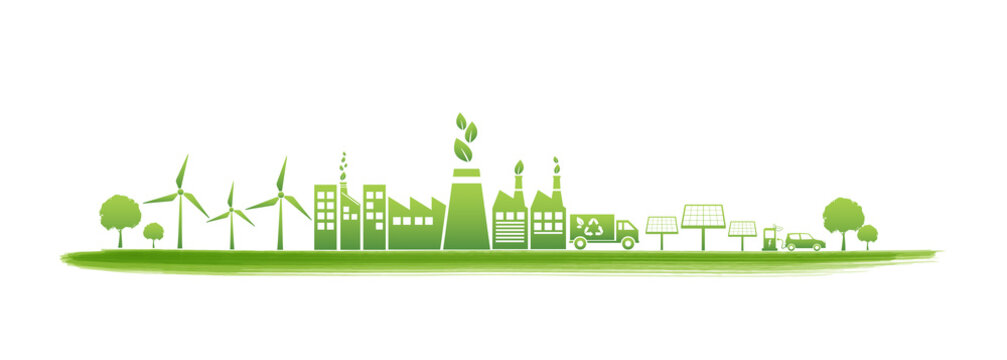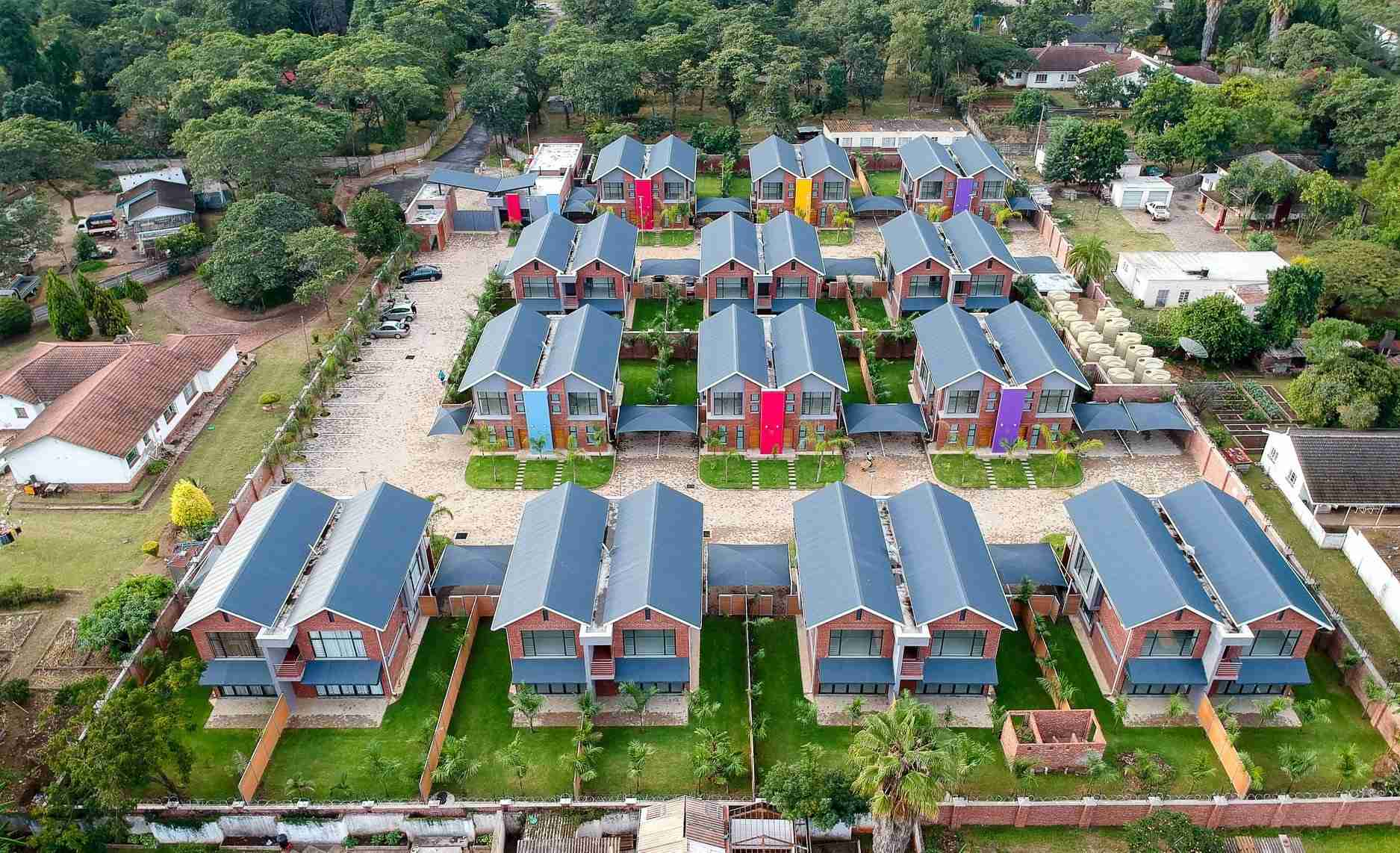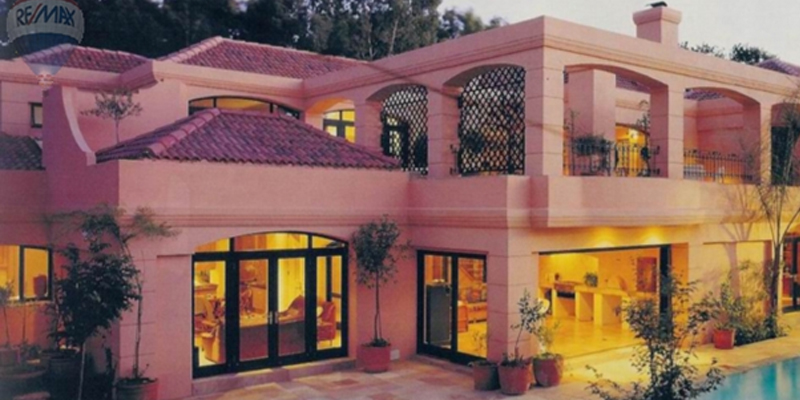The real estate landscape in Africa is experiencing a shift towards sustainability, propelled by the uptake of green financing and eco-friendly practices. This piece examines the nuances between sustainable finance and green finance, specifically exploring their impact on the real estate sector in Zimbabwe and other Southern African Development Community (SADC) nations. It delves into the significance of sustainable valuations, green leasing, environmentally conscious construction methods, and other eco-friendly initiatives in shaping the trajectory of African real estate.
Understanding Sustainable and Green Finance
Sustainable finance encompasses a broad spectrum of economic activities that consider environmental, social, and governance (ESG) criteria in investment decisions, aiming for long-term sustainable outcomes. On the other hand, green finance specifically targets financing projects with positive environmental impacts, such as renewable energy installations and sustainable infrastructure developments.
Sustainable Valuations in Real Estate
In real estate, sustainable valuations encompass the evaluation of properties’ environmental and social performance in addition to conventional financial criteria. By incorporating aspects such as energy efficiency and societal contributions, investors can harmonize their investment portfolios with sustainability goals, thereby augmenting the enduring value of real estate assets.
Promoting Green Leasing Practices
Green leasing involves incorporating sustainability principles into lease agreements, promoting energy efficiency and environmental responsibility. Collaboration between landlords and tenants to implement green building practices, such as energy-saving measures, can drive demand for green buildings and incentivize sustainable behavior among tenants.
Embracing Green Construction Methods
Green construction focuses on designing, building, and operating structures with minimal environmental impact throughout their lifecycle. By integrating sustainable materials, energy-efficient systems, and renewable energy technologies, developers in Zimbabwe and Sadc nations can address infrastructure deficits while reducing carbon emissions and resource consumption.
Mobilizing Capital through Green Bonds
Green bonds are debt instruments earmarked for financing green projects, including real estate developments. They enable investors to support environmentally friendly initiatives while generating financial returns. In Zimbabwe and Sadc nations, green bonds can mobilize capital for sustainable infrastructure projects, such as green affordable housing and renewable energy installations.
Enhancing Energy Efficiency Financing
Energy efficiency financing provides funding for energy-saving upgrades and retrofits in buildings, reducing energy consumption and operational costs. By implementing mechanisms like energy performance contracts and utility-sponsored incentive programs, Zimbabwe and Sadc nations can improve the sustainability of existing building stock and promote economic development.
Investing in Climate Resilience Projects
Investments in climate resilience entail directing funds towards projects aimed at bolstering communities and infrastructure against the impacts of climate change. Measures like flood protection, drought-resistant agriculture, and sustainable water management systems are examples of initiatives that can bolster climate resilience in Zimbabwe and other Southern African Development Community (SADC) nations.
Conclusion
Sustainable finance and green initiatives play crucial roles in shaping the trajectory of African real estate, providing avenues for sustainable development and value enhancement. By discerning the disparities between sustainable and green finance and embracing eco-friendly practices such as sustainable valuations, green leasing, and environmentally conscious construction, the real estate sector in Africa can actively contribute to the region’s sustainable development objectives while simultaneously generating value for investors and communities alike.



